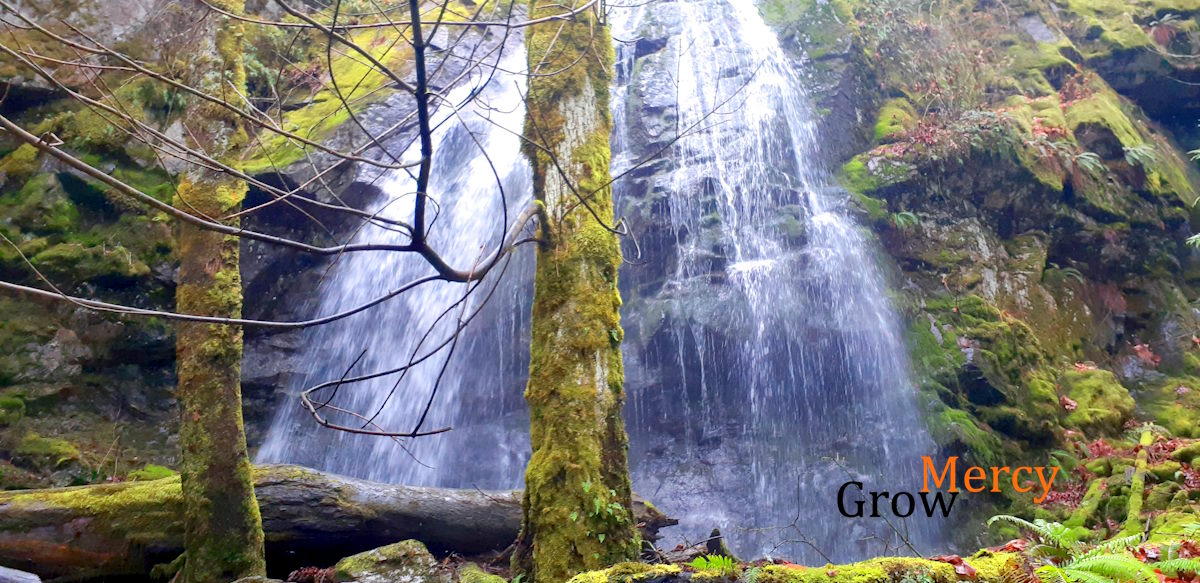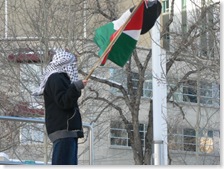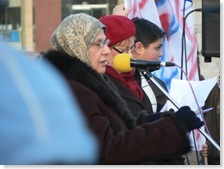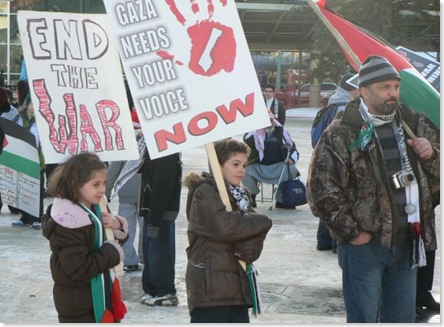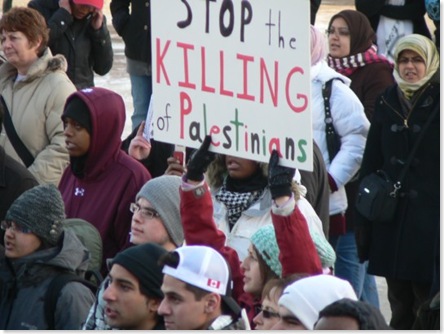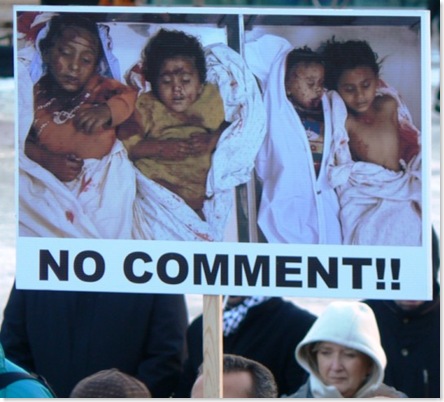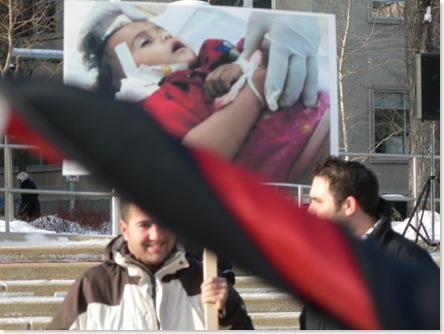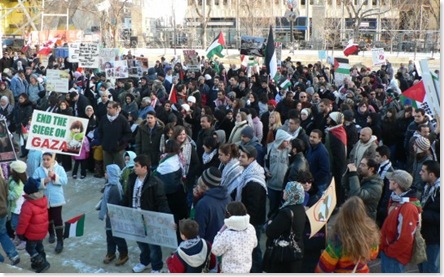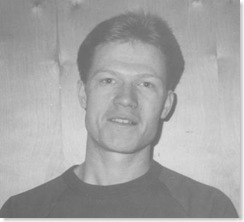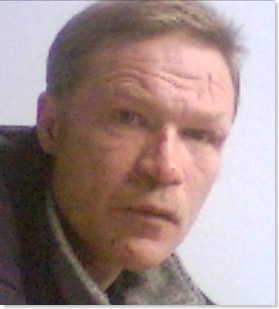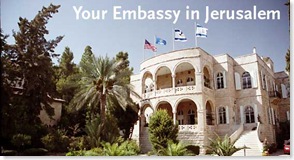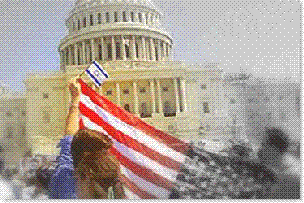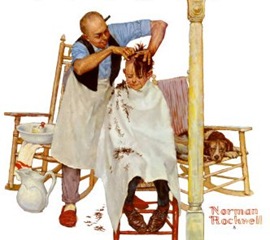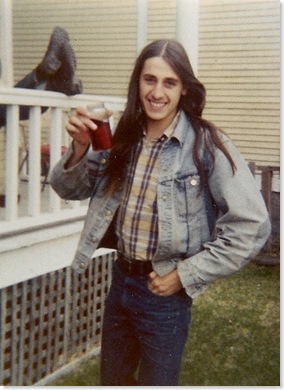I attended the Save the People of Gaza rally over the weekend. (Organized by the Edmonton Coalition to end War and Racism)
Along with Deb and our activist daughter, we were there protesting Israeli aggression, and in support of the Palestinian victims.
The victims were on display. Large poster-pictures, children mostly, wounded, bloodied and dying.
But while walking through the crowd I’m conscious of a different "war." The competition for victim status. And on this front, Palestinians know they are winning. Israel’s victim status seems insignificant. And on some level, this seems fair. Easily, the Palestinians are suffering wrath of this war.
But all is not binary. There are more than two dimensions to this conflict. And not all of the victims are the result of Israeli strikes.
There are other voices, largely unheard of, both within Palestine and Israel, that condemn their respective sides’ action and point within. Here’s one story gleaned from the Globe and Mail, by Patrick Martin.
RAMALLAH, WEST BANK — When Usama Abu Nahel looks at the conflict in Gaza he feels nothing but contempt. He is one of the people who hate Hamas more than the Israelis do.
It was 19 months ago when Mr. Abu Nahel, then 25 and a member of Fatah’s al-Aqsa Martyrs Brigades in Gaza, was dragged from his house by a group of Hamas militants, taken to one of their warehouses and "kneecapped." He was shot 30 times in the left leg, doctors said; then in the right leg six times.
"As I lay on the ground in agony, they ran over me in their jeep," he recalls.
He’d like to spit as he says this, but not in the neat room he keeps in a house for victims such as him in Ramallah.
There are 17 men, all with stories similar to Mr. Abu Nahel’s, who reside in a sprawling house on a quiet street near the entrance to this West Bank city. About 35 other men reside in other locations around town. All were members of the mainstream Fatah movement, founded by the late Yasser Arafat and led now by Palestinian Authority president Mahmoud Abbas. Each was seriously wounded in the fighting that raged between Fatah and Hamas in Gaza in June, 2007. They were brought to Ramallah for hospital and rehabilitative care. They have not been allowed back into Gaza, and their families have not been allowed to join them.
As a group of them gather in Mr. Abu Nahel’s room to watch the television coverage of the fighting in Gaza, their emotions come to the surface.
"Hamas works for Iran. They brought us back to the Stone Age," says Mohammed Abu Zakari, 48, who lost one of his legs after a Hamas shooting in the civil conflict. He has left his wife and 12 of his 13 children behind in Gaza. His 13th child, 19-year-old Ahmed, is with him, another Hamas victim whose ankle has been reconstructed.
"I’m happy to see them eradicated," he said, blaming Hamas for the carnage and destruction now taking place in Gaza.
Mahmoud as-Shatat, 23, a former student leader for Fatah, agrees. "Hamas consider us infidels," he said. "They brutalized us, their own people. I have no sympathy for them."
And what of the pictures on TV showing the ordinary people of Gaza being shelled?
"Hamas shoots from between houses," Mr. as-Shatat said. "They hope Israel will fire at them and kill some civilians."
An uneasy quiet then settled over the room.
Mr. Abu Nahel broke the silence: "I want those who shot me to die," he said. "But those are our families being shelled," including the fiancée he left behind in Gaza City.
"It’s more important now that Israel stop the shooting."
